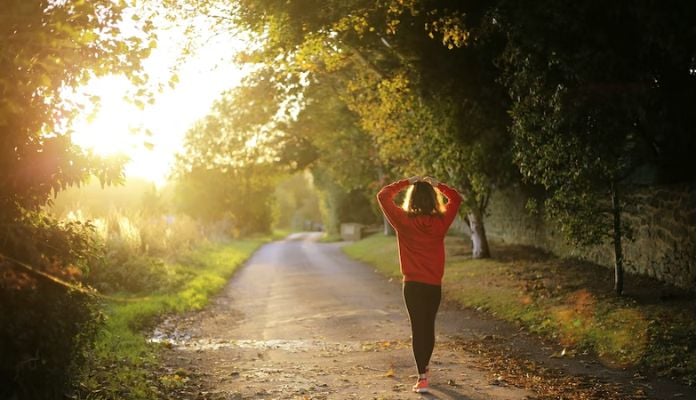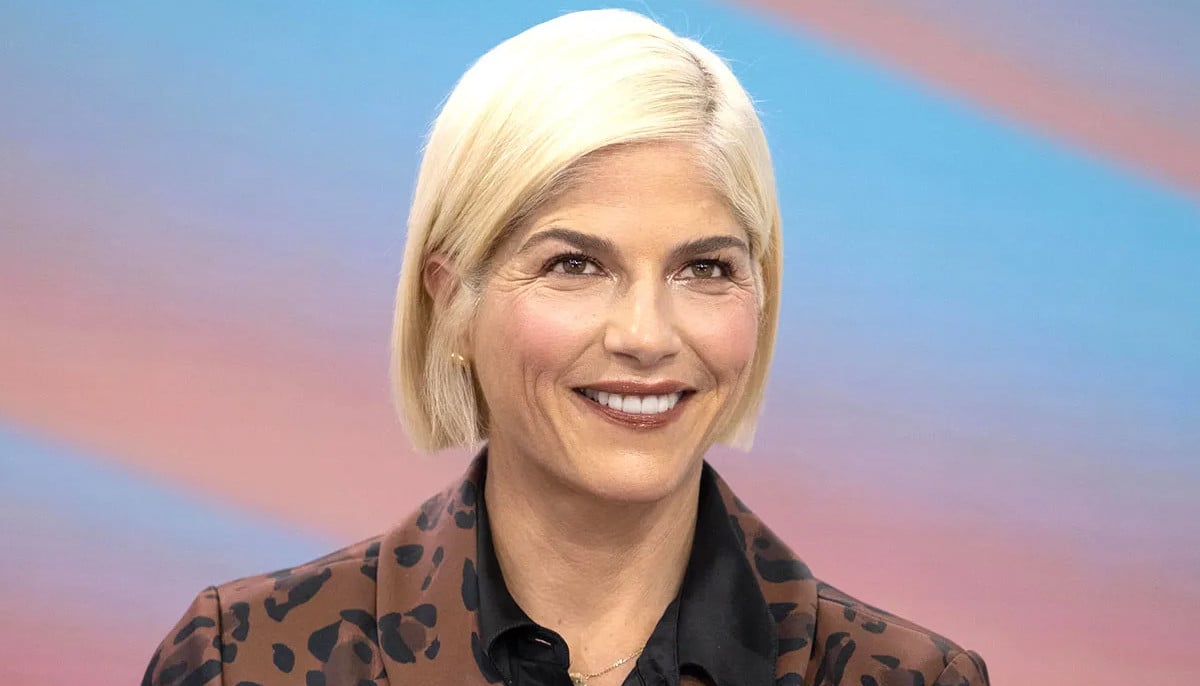Snoozers are losers: Here's how to become an early bird
While genetics do have a role, we still have control over our sleeping routines
When it comes to sleep habits, people are generally divided into two groups we all know: Early birds and night owls. Multiple factors like our age, genetics and even mattresses determine which group we fall into.
While being a night owl is not necessarily bad, research has proven time and again that early birds have more health benefits than those who stay up all night. These benefits are both mental and physical.
Following are just a few benefits of waking up early in the morning:
1. Improved eating habits
While breakfast is known to be the most important meal of the day, night owls tend to skip it because they wake up late. Early birds, on the other hand, have the opportunity to take breakfast at the right time.
Night owls usually eat brunch or take lunch directly as they get late for breakfast. Research has shown that a healthy breakfast can replenish the body's glucose supply and also reduce brain fog, making people more productive and energetic for the day. It even reduces the risk of diabetes.
2. Better physical health
Early birds have more time in the morning to follow a workout routine. Since they do not have to suffer from last-minute plans and reaching places late, they are more at peace and can give much-needed time to their bodies. While you can work out at night as well, it's better to do it early to prepare the body for work ahead instead of using a tired body in the gym.
A study found that night owls performed less physical activity compared to those who woke up earlier in the morning. Additionally, regular exercise alleviates depressive symptoms and jumpstarts metabolism for the oncoming day.
3. Better mental health
With healthy eating habits and improved physical health, better mental health is inevitable. With regular exercise, for example, stress levels are lowered. On the other hand, research shows that eveningness is linked to negative moods and fatigue.
Exposure to sunlight has long been associated with the release of "happy hormones" and healthy production of vitamin D in the body, the lack of which can cause serious depression, among other things.
Tips to switch
While there is no magic pill that can make people switch suddenly, there are some practical tips that can help people shift their routines. It is important to note that these changes do not occur overnight. However, with discipline and consistency, you can join a healthier group.
While genetics do have a role, we still have control over our sleeping routines. These are the following ways you can go from being a night owl to becoming an early bird for maximum health benefits:
Sleep hygiene
One of the most important sleeping habits is sleep hygiene. Taking a shower not only cleans the body making you feel better about yourself, but it also cools down the body's temperature which helps to go to sleep. Make sure to also clean your bed, your pillow and the general surroundings. A dirty, overloaded chair, for example, can unconsciously make you anxious and steal some sleep.
Lighting
Lighting can make all the difference when it comes to sleep routines. At night time, make sure you are away from light, and yes that includes your smart devices, at least two hours before bedtime. Before you go to sleep, instead of using blackout curtains, leave them open. This way, natural light can reach you in the morning, helping you wake up naturally.
Changing bedtime
Changing your bedtime has to be one of the toughest tasks you will do. Having spent years sleeping at a certain time wires our brains and makes it difficult for us to choose any other time.
Therefore, start small. Move back 15 to 20 minutes from your original sleep time. If you sleep at 11.30 pm, try going to bed at 11.00 pm tonight.
Staying away from the phone
Bringing the phone or any other tech device to the bed is lethal. The urge to scroll social media when we are unable to fall asleep is quite hard to fight. The blue light that emits from our screens can further suppress the production of the sleep hormone called melatonin. Therefore, make sure to be miles away from all types of screens.
-
Can brain stimulation make people kinder & less selfish? New study offers hope
-
Mariah Carey details 'hardest' bipolar disorder experience
-
Pink reveals health routine for asthma management
-
Gigi Hadid talks about 'relieving tension' amid having Hashimoto's disease
-
Selena Gomez explains why she thought lupus was 'life-or-death'
-
How Kim Kardashian made her psoriasis ‘almost’ disappear
-
Nick Jonas gets candid about his type 1 diabetes diagnosis
-
Sir Jackie Stewart’s son advocates for dementia patients












